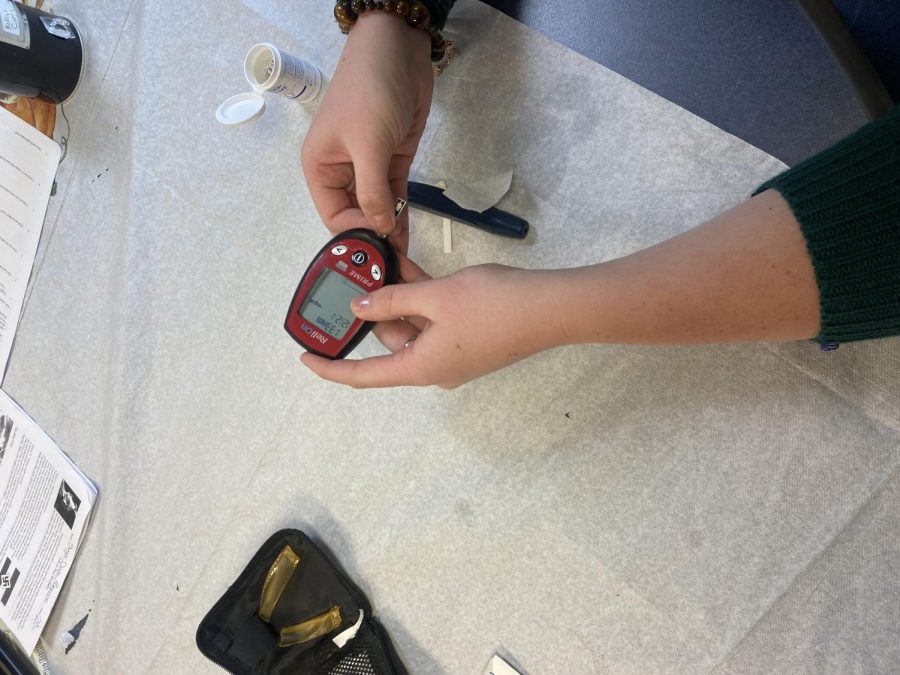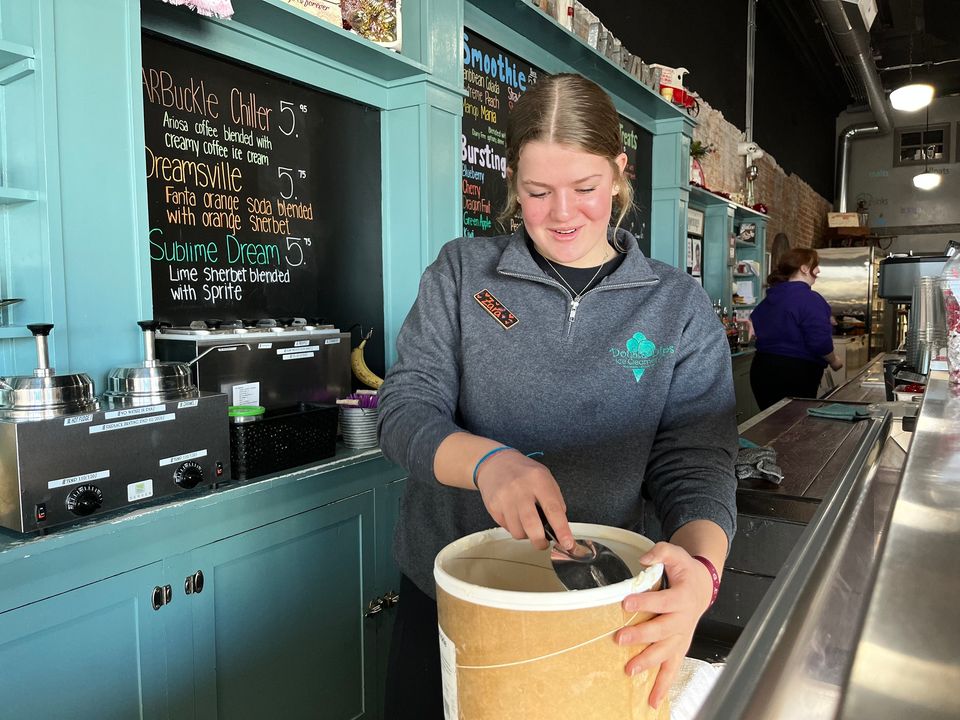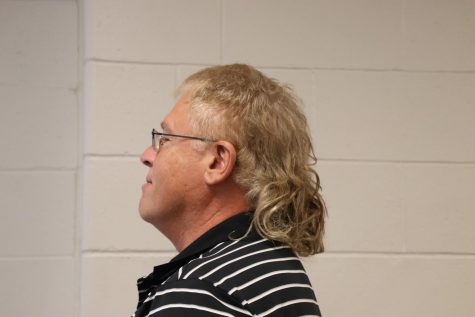Insulin prices for diabetics unreasonable
An NPHS student checks her sugar levels.
December 13, 2022
causing financial issues for students at North Platte High School who suffer from diabetes.
Insulin is a hormone that controls the level of blood sugar in a person’s body. Depending on which type of diabetes a person has, their body either doesn’t respond correctly to it (Type 2), or doesn’t have it at all (Type 1).
Type 1 diabetes is genetically passed down over generations. Type 2 diabetes can be triggered by a certain amount of things, including stress, obesity and unhealthy habits.
“Type 2 diabetes is reversible, but you don’t get diabetes just from being a bigger person, or from eating a lot of sugars,” senior Tioni Gibson said. “Diabetes can really come from anything.”
Insulin was invented in 1923 by Frederick Banting, who refused to put his name on the patent due to his belief that it would be unethical for doctors to profit from a discovery meant to save the lives of people who had no other choice but to use the drug.
Insulin was originally sold for $1, so that everyone in need could afford it.
Now, despite the mere $10 it costs to make insulin, the cost of one month’s worth of insulin rose to a staggering $450.
Due to these higher prices, at least one in every four diabetic Americans skip life-saving doses because they cannot afford it. Without these doses, the threat of slipping into diabetic ketoacidosis (DKA) hangs over their heads.
Freshmen English teacher Emily Kearney has a son who suffers from diabetes. “He is a type-one diabetic,” Kearney said. “He is on a daily regimen of insulin in order to maintain his blood sugar levels.”
Because of that daily dose her son requires, insulin costs are pretty hectic for her and their family. “We have to budget very carefully. Luckily we have good insurance, but if we didn’t, the cost of just one bottle of his insulin would be $500.” Kearney said.
If most families didn’t have good insurance, paying for insulin would really take a chunk out of their savings. I am on medicaid so it pays for it all, but if I were not on medicaid i would definitely have troubles affording it.” Gibson said.
Gibson is a type two diabetic, who was diagnosed just a few months shy of a year ago. “Being diabetic is hard, I am on a 60 carb diet and I barely eat bread and all of that starchy type of food because that is where all of your carbs come into play.” Gibson said.




